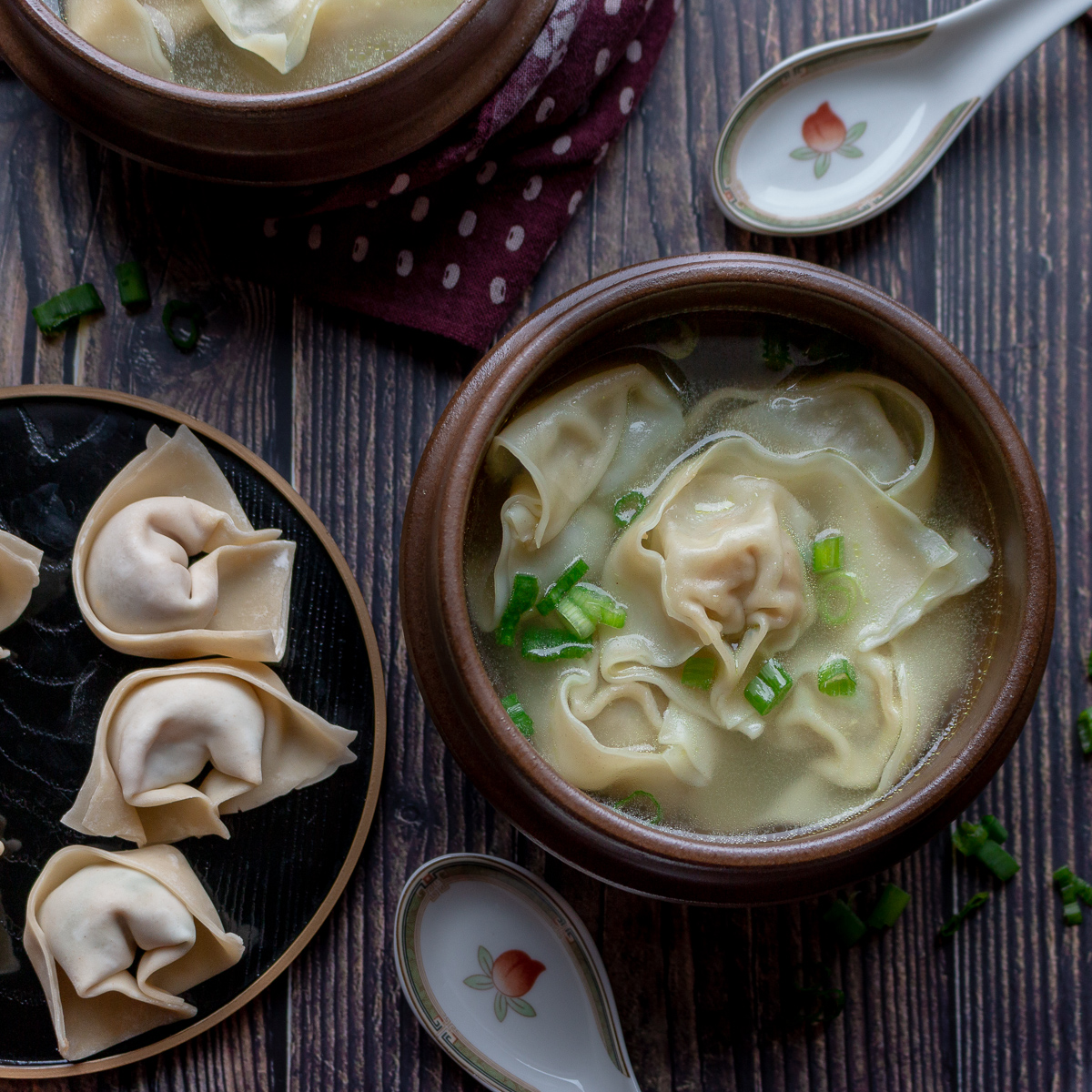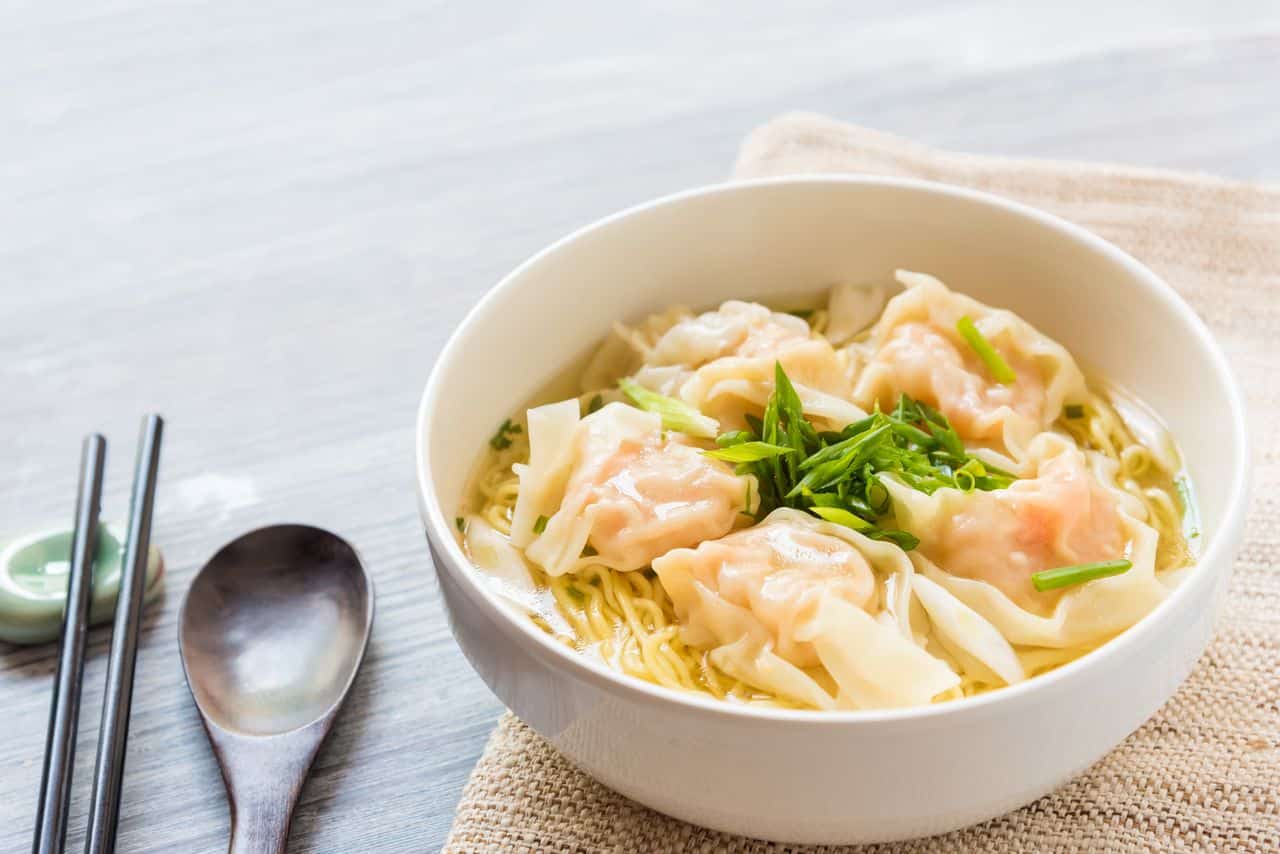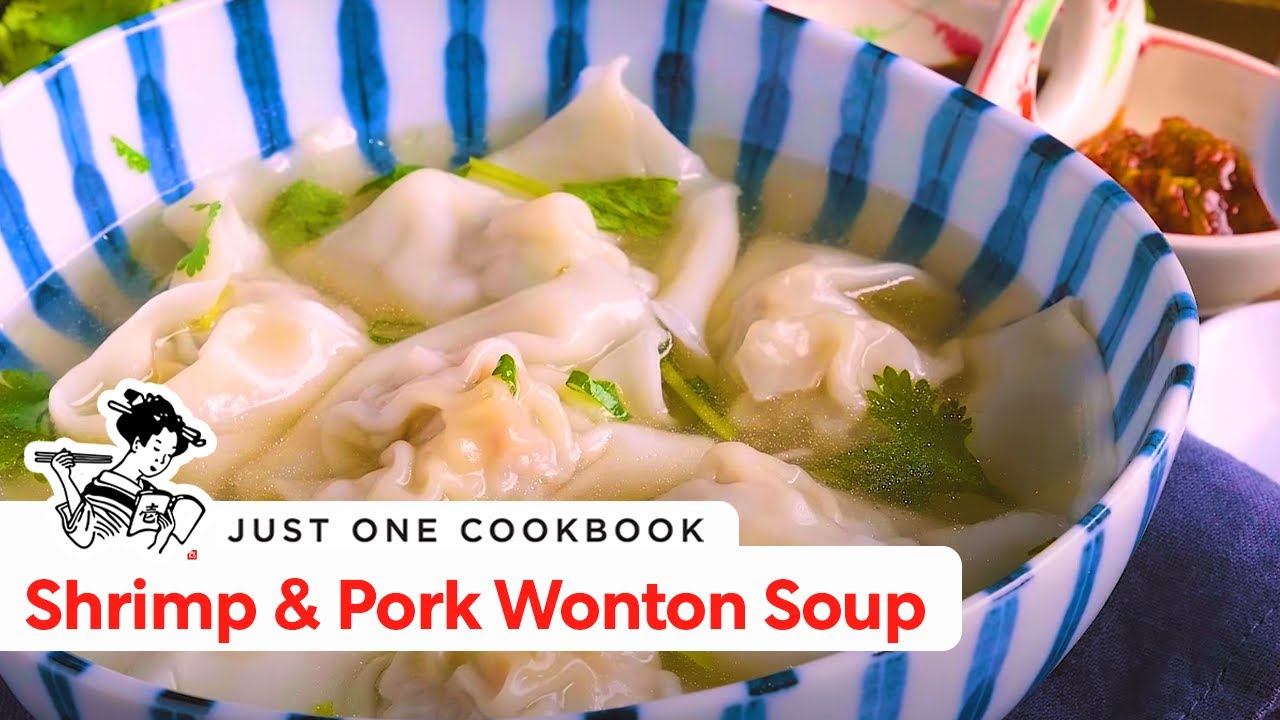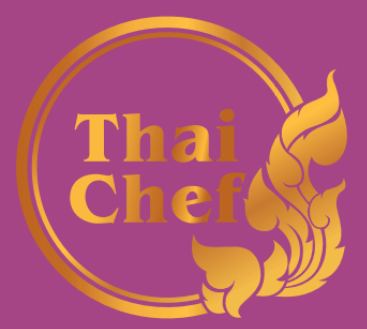What Is Wonton Soup?

Wonton soup is a classic and beloved Chinese dish that consists of wonton dumplings served in a flavorful broth. The wonton dumplings are typically filled with a mixture of ground meat (such as pork or shrimp), herbs, and seasonings. They are then wrapped in a delicate, thin dough and cooked by boiling or steaming. The broth, which is often made from chicken or vegetable stock, is light and comforting. Wonton soup is known for its delicious flavor and satisfying texture, making it a popular choice among soup lovers worldwide.
A Brief History Of Wonton Soup
Wonton soup has a rich history that can be traced back to the southern region of China. This beloved dish has been enjoyed for centuries and has gained popularity around the world. Wontons are believed to have originated from the Tang Dynasty and were originally called “huntun,” meaning “wonton” in the Cantonese dialect. Over time, this dish made its way to different regions of China, with each area adding its own unique twist and flavors. Today, Wonton soup continues to be a staple in Chinese cuisine and is enjoyed by people of all cultures.
Traditional Ingredients Used In Wonton Soup
Wonton soup is traditionally made with a combination of simple and flavorful ingredients. The key component is the wonton dumplings, which are typically filled with a mixture of ground pork, shrimp, or a combination of the two. The filling is seasoned with ingredients such as ginger, garlic, onions, and soy sauce. The dumplings are then cooked in a savory broth made from chicken or vegetable stock, flavored with ingredients like dried shrimp, mushrooms, or seaweed. The soup is often garnished with a sprinkle of green onions and a drizzle of sesame oil for added flavor.
Nutritional Content Of Wonton Soup

Wonton soup is not only delicious but also packs a nutritional punch. The exact nutritional content may vary depending on the ingredients used, but in general, each serving of wonton soup provides a good balance of macronutrients and essential vitamins and minerals.
The filling of the wonton dumplings is typically made with protein-rich ingredients such as ground pork and shrimp, which provide important amino acids for cellular repair and growth. The broth, made from chicken or vegetable stock, is low in calories and fat. Additionally, the soup is often garnished with green onions, which add a touch of freshness and a small amount of vitamins and minerals.
Overall, wonton soup can be a healthy and satisfying meal option, especially when made with lean protein fillings and served with a side of steamed vegetables.
Calories And Macronutrients In Wonton Soup
A serving of wonton soup typically contains around 200-300 calories, depending on the size and ingredients used. The macronutrient breakdown of wonton soup varies depending on the specific recipe, but it generally provides a good balance of carbohydrates, protein, and a small amount of fat. The filling of the wontons, usually made with ground pork or shrimp, adds protein to the soup. The broth, made from chicken or vegetable stock, contributes to the overall carbohydrate content. Overall, wonton soup can be a nutritious and satisfying meal option.
Vitamin And Mineral Content In Wonton Soup
Wonton soup is not only delicious, but it also contains a variety of vitamins and minerals that can contribute to a healthy diet. The specific nutrient content of wonton soup can vary depending on the ingredients used, but it often includes vitamins such as vitamin A, vitamin C, and vitamin K. Additionally, wonton soup can provide minerals like iron, calcium, and potassium. These vitamins and minerals are essential for various bodily functions, including immunity, bone health, and energy production. Incorporating wonton soup into your diet can be a flavorful way to boost your nutrient intake.
Health Benefits Of Wonton Soup

Wonton soup offers several health benefits due to its nutritious ingredients. The protein-rich filling in wontons helps to support muscle growth and repair. The broth-based nature of the soup can promote hydration and provide a warm, comforting feeling. Additionally, consuming broth-based soups like wonton soup has been associated with weight management and improved satiety. The combination of vitamins and minerals from the vegetables and other ingredients in the soup contribute to overall health and well-being. Adding wonton soup to your diet can be a flavorful way to enjoy these health benefits.
Protein-rich Filling In Wonton Soup
The protein-rich filling in Wonton Soup is one of its notable health benefits. The filling typically consists of ground meat, such as chicken, pork, or shrimp, mixed with seasonings and sometimes vegetables. These ingredients provide a good amount of essential amino acids, which are the building blocks of protein. Protein is essential for muscle growth and repair, and it also helps in maintaining a healthy immune system and overall body functioning. Including Wonton Soup in your diet can be a delicious way to boost your protein intake and support your body’s nutritional needs.
Potential Benefits Of Consuming Broth-based Soups
Consuming broth-based soups, like Wonton Soup, can offer a range of potential benefits for your health. Some of these benefits include:
- Hydration: Broth-based soups are primarily water-based, which can help you stay hydrated and maintain optimal bodily functions.
- Appetite control: The high water content and presence of protein and fiber in broth-based soups can help you feel fuller for longer, thereby aiding in portion control and weight management.
- Digestive health: The warm and soothing nature of broths can be gentle on the digestive system, making them suitable for individuals with sensitive stomachs or those recovering from illnesses.
- Nutrient absorption: The liquid nature of broth-based soups allows for better absorption of essential vitamins and minerals from the ingredients, contributing to overall nutrient intake.
By incorporating broth-based soups like Wonton Soup into your diet, you can enjoy these potential benefits while enjoying a delicious and satisfying meal.
Considerations For A Healthy Wonton Soup

When preparing a healthy Wonton Soup, there are a few considerations to keep in mind. Firstly, choosing lean protein fillings such as chicken or shrimp can help reduce saturated fat and cholesterol content. Secondly, incorporating plenty of vegetables like bok choy, mushrooms, and carrots adds essential vitamins and fiber to the soup. Lastly, opting for homemade broth made with minimal salt and artificial additives ensures a healthier option. By following these considerations, you can enjoy a nourishing and delicious bowl of Wonton Soup.
Choosing Lean Protein Fillings
When preparing a healthy Wonton Soup, it’s important to choose lean protein fillings. Opting for lean proteins such as chicken or shrimp can help reduce the saturated fat and cholesterol content in the soup. These lean proteins provide essential amino acids and are lower in calories compared to other options like pork. Adding lean protein fillings not only adds flavor but also ensures that you are getting a good source of protein without the added unhealthy fats. By choosing lean protein fillings, you can enjoy a nutritious and delicious bowl of Wonton Soup.
Tips For Making A Healthier Wonton Soup At Home
Here are some tips for making a healthier Wonton Soup at home:
- Use homemade broth: Instead of using store-bought broth, make your own at home with fresh ingredients. This way, you can control the sodium content and ensure there are no added preservatives.
- Increase the vegetable content: Add a variety of vegetables such as carrots, mushrooms, and baby bok choy to increase the nutritional value of your soup. These vegetables provide essential vitamins, minerals, and fiber.
- Steam or bake the wontons: Instead of deep-frying the wontons, steam or bake them for a healthier option. This reduces the amount of added fats and calories.
- Garnish with herbs and spices: Enhance the flavor of your soup with fresh herbs and spices instead of relying on excessive salt. Cilantro, green onions, and ginger add a burst of freshness and depth to your soup.
Overall, making a healthier Wonton Soup at home involves using fresh ingredients, increasing vegetable content, and opting for healthier cooking methods.
Wonton Soup Variations

Wonton Soup offers a variety of regional and cultural variations that cater to different tastes and dietary preferences. In addition to the traditional pork-filled wontons, you can find variations that feature shrimp, chicken, or even vegetarian fillings. Some regions also add extra ingredients like vegetables, tofu, or noodles to make the soup heartier. For those following a vegetarian or vegan diet, there are options available that use plant-based fillings and vegetable broth. These variations allow individuals to customize their Wonton Soup to suit their personal preferences and dietary needs.
Regional Variations Of Wonton Soup
Regional variations of Wonton Soup offer a delightful array of flavors and ingredients. In Cantonese cuisine, the soup typically features pork-filled wontons served in a clear broth. In Shanghai cuisine, the wontons are larger and filled with a mixture of pork and shrimp. Sichuan cuisine adds a spicy kick with the use of chili oil and Sichuan peppercorns. In Northern China, the wontons are often served in a thick and hearty soup broth with the addition of vegetables, such as bok choy or mushrooms. These regional variations add unique twists to the classic wonton soup, making it a versatile dish enjoyed across different cultures.
Vegetarian And Vegan Options For Wonton Soup
Vegetarian and vegan options for Wonton Soup provide a great alternative for those who follow plant-based diets. Instead of using meat-based fillings, vegetarian and vegan versions often feature tofu, mushrooms, or a combination of vegetables. Vegetable broth or miso soup can be used as a flavorful base. These alternatives retain the familiar flavors and textures of traditional Wonton Soup, making it possible for individuals with dietary restrictions to enjoy this delicious dish. Plus, they offer a range of nutrients from the variety of vegetables used, making it a wholesome and satisfying meal.
Conclusion

In conclusion, Wonton Soup can be a healthy and nutritious addition to your diet. With its rich history and variety of ingredients, it offers a satisfying and flavorful meal option. Wonton Soup is high in protein, low in calories, and packed with essential vitamins and minerals. By making smart ingredient choices and incorporating lean protein fillings, you can enjoy the health benefits of Wonton Soup while still satisfying your cravings. So go ahead and indulge in this delicious dish while maintaining a balanced and healthy lifestyle.
Summary Of The Nutritional Profile Of Wonton Soup
Wonton Soup offers a well-rounded nutritional profile. It is low in calories, making it suitable for weight-conscious individuals. The soup is a good source of protein, which is essential for muscle repair and growth. It also provides a range of vitamins and minerals, such as vitamin A, vitamin C, iron, and calcium, contributing to overall health and immunity. By choosing lean protein fillings and incorporating vegetables into the soup, you can enhance its nutritional value even further. Overall, Wonton Soup can be a healthy addition to a balanced diet.
Final Thoughts On Incorporating Wonton Soup Into A Healthy Diet
Wonton Soup can be a delicious and nutritious addition to a healthy diet. It offers a balance of protein, vitamins, and minerals, making it a wholesome meal option. By choosing lean protein fillings and incorporating plenty of vegetables, you can enhance the nutritional value even further. However, it’s important to remember that moderation is key. Wonton Soup should be enjoyed as part of a varied and balanced diet, alongside other nutrient-rich foods. With mindful ingredient choices, Wonton Soup can contribute to a healthy and satisfying eating plan.
Frequently Asked Questions: Is Wonton Soup Healthy?
Q: Is wonton soup considered a healthy choice?
A: Generally, wonton soup can be a relatively healthy choice when compared to other options available. However, it depends on various factors such as the ingredients used and the cooking method employed.
Q: What are the main components of wonton soup?
A: Wonton soup consists of three main components: the wontons, the broth, and additional ingredients such as vegetables, noodles, or proteins like chicken, pork, or shrimp.
Q: Are wontons nutritious?
A: The nutritional value of wontons can vary depending on their ingredients and preparation. Classic wonton wrappers are made from wheat flour, which contains carbohydrates but lacks significant amounts of protein or fiber. The filling, typically made of seasoned ground meat and sometimes vegetables, adds protein and flavor.
Q: How does the broth affect the healthiness of wonton soup?
A: The broth used in wonton soup plays a crucial role in its nutritional profile. A broth made from scratch with fresh ingredients and minimal added sodium can be a healthier choice compared to those made with pre-packaged or canned broths that can be high in sodium content.
Q: What impact does the cooking method have on the healthiness of wonton soup?
A: The cooking method can affect the overall healthiness of wonton soup. Stir-frying or deep-frying wontons can add extra fat and calories. On the other hand, boiling or steaming the wontons results in a healthier preparation method.
Q: Can wonton soup be modified to make it healthier?
A: Yes, there are ways to modify wonton soup to increase its nutritional value. Opting for whole wheat or low-sodium wonton wrappers, using lean proteins such as chicken or shrimp, and adding a variety of vegetables can enhance its nutrient content.
Q: What should I look out for when ordering wonton soup from a restaurant?
A: When ordering wonton soup from a restaurant, it’s essential to inquire about the ingredients they use, the sodium content in the broth, and the cooking methods employed. Asking for low-sodium options or broths made from scratch using fresh ingredients can be a way to ensure a healthier choice.
Q: Are there any health benefits associated with wonton soup?
A: Wonton soup offers various potential health benefits such as being a good source of protein, vitamins, and minerals. Additionally, the presence of vegetables can contribute to dietary fiber intake and enhance the overall nutritional profile of the soup.
Q: Can wonton soup be part of a balanced diet?
A: Yes, wonton soup can be incorporated into a balanced diet when consumed in moderation and prepared using healthy ingredients and cooking methods. Pairing it with a side of steamed vegetables or a fresh salad can further enhance its nutritional value. It’s advised to consider the overall balance of your diet when consuming wonton soup regularly.

We are a small takeaway restaurant offering a great selection of food cooked by our Thai chef. Table spaces are limited, so please book in advance.